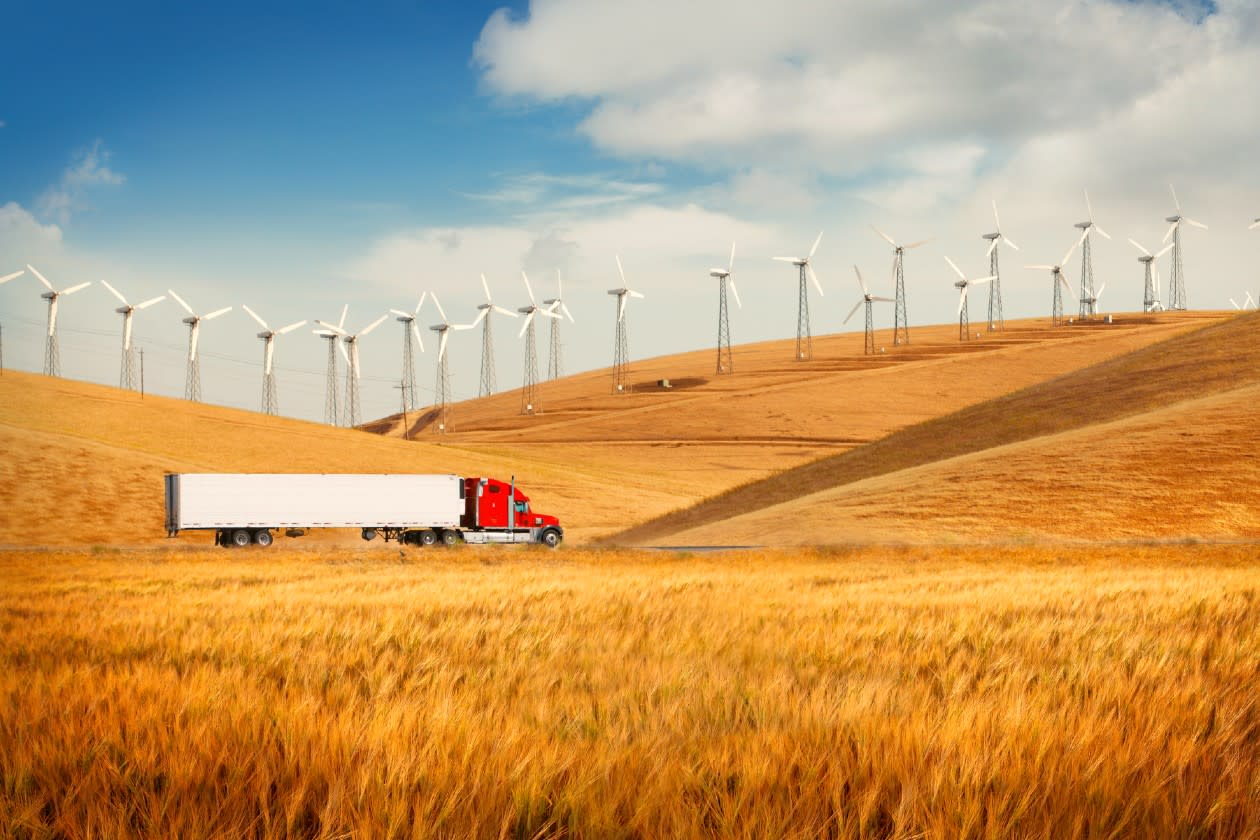As the 2024 US Election approaches, investors are keeping a close eye on how the potential outcomes might impact their portfolios, particularly when it comes to environmental, social, and governance (ESG) considerations.
With Vice President Kamala Harris and former president Donald Trump presenting starkly different approaches to ESG-related issues, the election results could significantly influence the future of responsible investing.
Under the Biden-Harris administration, ESG investing has gained traction, with policies strongly supporting its integration into mainstream investing.
However, the current landscape is still influenced by Donald Trump’s presidency, which prioritised traditional energy sectors like oil and gas and discouraged the consideration of ESG risks in investments.
For example, the Missouri state pension fund withdrew hundreds of millions of dollars from BlackRock due to its focus on ESG issues following Trump’s rollback of ESG-focused regulation.
As the election draws closer, both parties have downplayed climate goals to avoid alienating voters concerned about rising energy costs and job losses in traditional energy sectors.
Harris has even pivoted on fracking bans, reflecting a focus on energy independence as a key political issue.
Here are the candidates’ key stances on ESG issues and what they could mean for investors.
This article isn’t personal advice. Investments can rise and fall in value, so you could get back less than you invest. If you’re not sure if an investment’s right for you, ask for financial advice.
If you want to learn more about investing responsibly, explore our Responsible Investment hub.
Kamala Harris
Environmental
Harris wants to expand renewable energy projects like wind and solar, and is committed to fully implementing the environmental policies initiated by Biden.
The administration aims to deploy 30 gigawatts of offshore wind energy capacity by 2030 – enough to power 10 million homes, support 77,000 jobs and spur private investment across the supply chain.
This support for the climate agenda presents significant opportunities for investors in the renewable energy sector with a Democrat presidency.
Social
Harris has consistently promoted policies that improve labour rights, women’s rights, and diversity within corporations.
Her focus on social equity could help to reduce ESG-related risks for investors.
Companies that prioritise diversity, equity, and inclusion tend to be associated with higher financial returns. That’s because creating positive work environments can lead to lower turnover rates and higher employee satisfaction.
These practices also help reduce the risk of social unrest and strikes, reducing the likelihood of reputational damage or financial losses.
Governance
Harris advocates for greater corporate transparency in ESG matters, including mandatory disclosures of climate-related risks and carbon emissions. This could enhance accountability and provide investors with clearer insights into a company’s long-term sustainability.
Harris is also likely to maintain and strengthen rules that encourage the inclusion of ESG factors in retirement and pension fund investments.
Donald Trump
Environmental
Trump has consistently championed the fossil fuel industry, advocating for deregulation to boost oil, gas, and coal production.
From 2016 to 2020, during Trump’s presidency, US crude oil production increased by around 30%.
When it comes to offshore wind, Trump’s vowed to immediately halt and scrap projects on ‘day one’.
His stance on fossil fuels has raised concerns about the potential impacts on climate and the associated risks to businesses, supply chains, and communities.
This is something investors will need to keep an eye on.
Social
Trump’s policies prioritised economic growth over social equity, with less emphasis on diversity, labour rights, and income inequality.
His administration rolled back several workplace protections and workers’ rights regulations, and made it harder for unions to operate.
If Trump becomes president, it could heighten risks for companies when it comes to employee dissatisfaction, legal challenges, and reputational damage.
Governance
Trump’s administration opposed mandatory climate-related financial disclosures, arguing that these regulations would impose unnecessary burdens on businesses.
This stance contrasts with global trends toward increased transparency.
Reducing regulatory compliance can reduce costs for companies and therefore help them make more profit. But it could also leave investors with less information on long-term ESG risks.
Trump’s previous significant tax cuts, which lowered the corporate tax rate from 35% to 21%, mainly benefited large corporations. However, it also increased federal debt. Another move like this could potentially pose some financial challenges for the US in the future.
How to invest sustainably
Looking to invest sustainably, but aren’t sure where to find investment ideas?
Our Wealth Shortlist features a number of funds from this sector, selected by our analysts for their long-term performance potential.
Remember, investments can go down as well as up in value so you could get back less than you invest.




